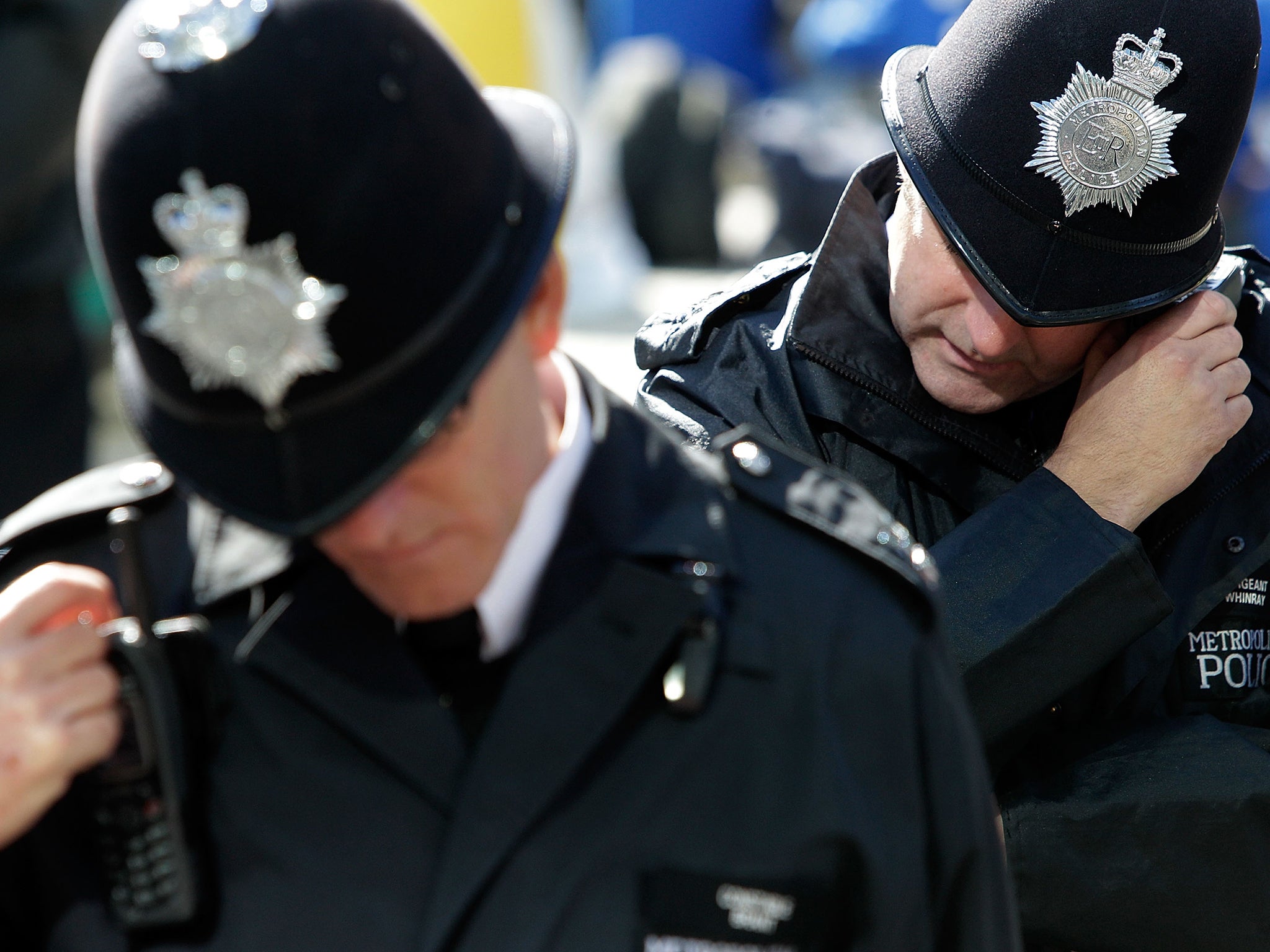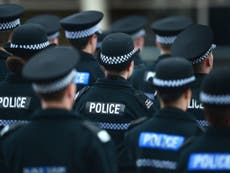Theresa May is right about diversity in the Police, but our problems don't stop there
Where is the similar outcry about politics, law, education and journalism?


More than two decades on from the murder of Stephen Lawrence, how racist are the police? Theresa May has condemned police forces in England and Wales for poor recruitment of black and ethnic minority officers, and for woeful progress on stop and search: you are six times more likely to be stopped and searched if you are black than if you are white, even though only one in 10 of those searches leads to an arrest.
In her speech yesterday to the National Black Police Association, the Home Secretary said none of the 43 forces fully represents the diversity of its local population, saying “we cannot say the police are the public and the public are the police”. The Home Office exposed four forces – North Yorkshire, Durham, Cheshire and Dyfed Powys – for having not a single non-white police officer. This lamentable statistic was challenged by Durham and Dyfed Powys, which insisted it had at least one, as if that suddenly made it all better.
BME representation in police forces is terrible: whether it’s one officer or 100, it still isn’t anywhere near good enough to reflect the fact that 12.9 per cent of the UK population identify as non-white. In London – one of the most multicultural cities in the world, where 40 per cent of the population identify as non-white – just 10 per cent of officers are from an ethnic minority background. There is not a single chief constable in any of the 43 forces who isn’t white, and 11 forces have no BME individual above the rank of chief inspector. How can this be?
The fundamental failure to reflect society matters because, as May’s adaptation of Robert Peel’s original dictum underlines, if this situation carries on then the police simply cannot be the public and the public cannot feel themselves to be the police. If a police force is dominated by white officers, it can try all it likes not to be “institutionally racist”, as the Macpherson inquiry into Stephen Lawrence’s murder concluded about the Metropolitan Police, but unconscious bias will go unchallenged, as the stop-and-search figures suggest. And it matters because, everywhere else you look, the same thing is happening.
It is right that the Home Secretary has made reforming the police service one of her flagship policies (albeit against a difficult backdrop of cuts) but the rest of society should not just condemn the police for lack of representation: it needs to look at itself. BME representation across all the professions, in public and private-sector industries, is pitiful.
In the House of Commons, the issue of gender equality is (rightly) pushed hard and often, and has a new currency with the Suffragette film and the creation of the Women’s Equality Party. But the fight for equality for ethnic minorities lags far behind that for women, and without similar celebrity support.
Analysis by the think-tank British Future shows that there are now 41 non-white MPs – an improvement from 27 in the last Parliament, but still far lower than the corresponding proportion in the wider population; if all things were equal, there would be 84 ethnic minority MPs. The Cabinet has just one full member who is non-white, Sajid Javid.
The teaching profession is marginally more representative. Latest workforce figures for state-funded schools in England show that 7.2 per cent of all primary and secondary teachers are BME, although at the very top the numbers shrink – just 2.9 per cent of headteachers are non-white in state-funded schools.
In the armed forces there is a similar story: 7.1 per cent of all servicemen and women identify as non-white, but at officer rank this figure is 2.4 per cent. In journalism, the national picture is woeful.
The exception to this sorry tale is the NHS, with ethnic minorities represented in 41 per cent of all hospital and community doctors and 20 per cent of nursing, midwifery and health visiting staff (although senior nurses, including matrons, are only 7 per cent BME).
In one sense, the police are the most important profession where we should demand true representation. If the police service is to be staffed by citizens in uniforms, under the Peelian principles, then it needs to reflect true society. It is also important for the safety and justice of our BME citizens, including those who are wrongly stopped and searched; it is without doubt that stop-and-search numbers would drop if more non-white officers were employed.
But where is the similar outcry about politics, law, education and journalism? To misquote Peel again, society must be the people and the people must be society.

Join our commenting forum
Join thought-provoking conversations, follow other Independent readers and see their replies